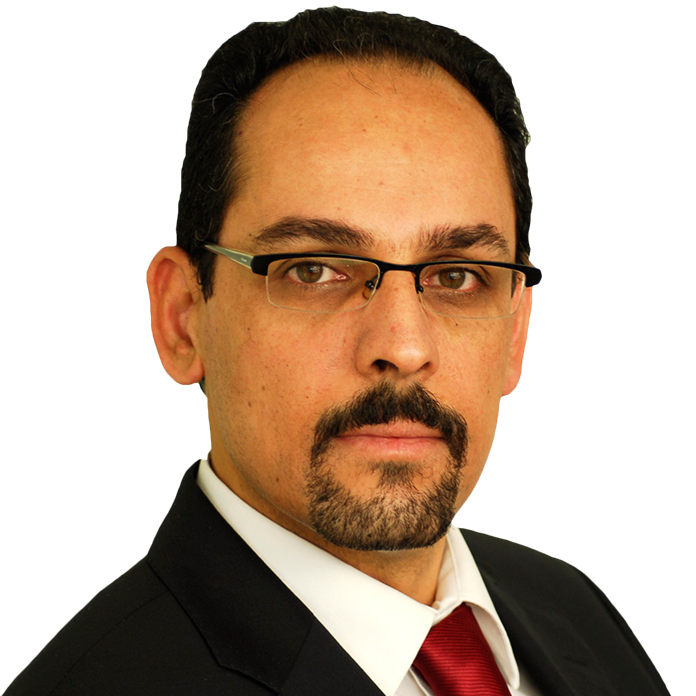Last week, Turkey and the U.S. signed an agreement to train and equip moderate Syrian rebels to fight against the Islamic State of Iraq and al-Sham (ISIS) and the regime of Syrian President Bashar Assad. This gives a formal structure to a program that has been ongoing for some time. Given the fact that much time and momentum has been lost to empower the Syrian opposition, this is an important step in the right direction.
Supporting Syrian rebels to fight ISIS and the Assad regime has the potential to change the balance of power on the ground, but it also runs the risk of ISIS targeting Turkey along with its Arab and Western allies. But this is not a new risk. Turkey took it when it allowed the Iraqi Kurdistan Regional Government (KRG) peshmerga forces to cross into Kobani through Turkish territory in October of last year. Currently, Turkey hosts close to 200,000 residents from Kobani who fled the city when ISIS surrounded it. The city has now been largely cleared of ISIS militants.
In a related development, Turkey has tightened security along its border with Syrian and deported over 1,000 suspected fighters associated with ISIS. Turkey is cooperating closely with European and Arab countries to prevent the passage of foreign fighters into Syria. But Turkey cannot stop them by itself. It requires close and extensive cooperation across the region.
The headline from the weekend, however, was the evacuation of the premises of the Tomb of Süleyman Shah in Karakozak, Syria. The tomb, located about 38 kilometers from the Turkish border, holds the relics of Süleyman Shah (1178 to 1236), the grandfather of the founder of the Ottoman Empire, Osman I. According to the Ankara agreement signed with France in 1921, the property of the tomb belongs to Turkey. But the original site was initially about 80 kilometers inside Syria. In 1939, it was moved to the vicinity of the Jaber Fortress for reasons of maintenance. In 1975, it was moved to Karakozak after a reservoir created Lake Assad and flooded the area.
Ever since the beginning of the Syrian war, Turkey has been concerned with security threats to the tomb and the soldiers guarding it. In March of last year, ISIS, taking control of the surrounding villages, threatened to attack the site. Any attack on the tomb would have been a declaration of war against Turkey.
The relocation of the tomb and the military post that protects it preempts any possible attack on a Turkish target in Syrian territory. As fighting intensified around the tomb it could have come under fire at any point, putting the lives of the Turkish soldiers at risk. By evacuating the tomb in a successful overnight operation, the government has taken an important security measure to prevent the loss of life of its citizens.
Looking forward, the success of the train and equip program depends on the sustained support that will be given to the Syrian opposition at the political, military and humanitarian levels. The frustrating disunity and the growing disinterest of the international community in regard to the Syrian crisis can no longer be sustained. Much of Syria has been destroyed. The Syrian people have suffered unspeakable hardships and continue to be the victims of a ruthless dictator and a shameless proxy war. According to the U.N., the humanitarian crisis in Syria is the worst since World War II. Turkey alone is home to 1.7 million Syrian refugees. With the possible fall of Aleppo, this number may go well beyond 2 million.
That is why Turkey, while supporting the train and equip program, also calls for a no-fly zone and a safe zone in Syria where noncombatants can be protected. By formally announcing the train and equip program, evacuating the Tomb of Süleyman Shah and deporting foreign fighters, Turkey reiterates its firm stance against the Assad regime and ISIS terrorism. But this fight cannot succeed without addressing the larger problem, which is the Assad regime and the security risks it poses. The regime provides a safe haven to ISIS and its terrorist activities in the region. Its primary goal remains using ISIS to weaken and divide the Free Syrian Army and moderate rebels and to win world public opinion by allowing ISIS to commit horrible atrocities in its territory and beyond.
One cannot help but ask how ISIS kills all sorts of people from a Jordanian pilot to Iraqi Shiites and Egyptian Christians and is yet to carry out a major offensive against the Assad regime? One can ask the question in reverse as how the Assad regime, which bombs every single rebel-held town and city north of Damascus, is yet to attack any ISIS-held territory?
There is a clear link between the Assad regime and the Syrian war on the one hand, and the growing threat of ISIS terrorism on the other. The international community needs to see this and reappraise its Syria policy before things get worse than they already are.




















